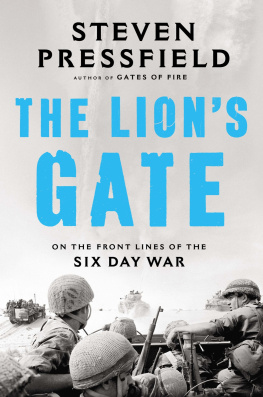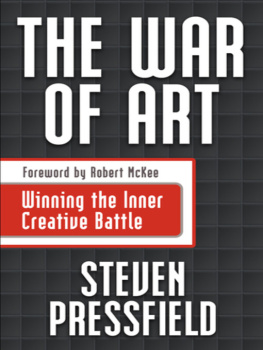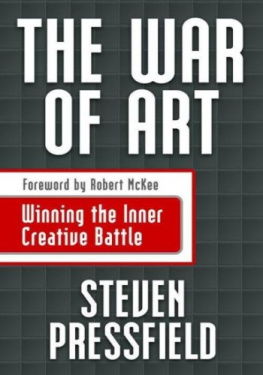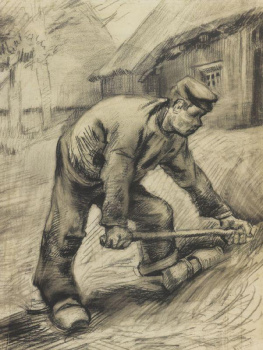
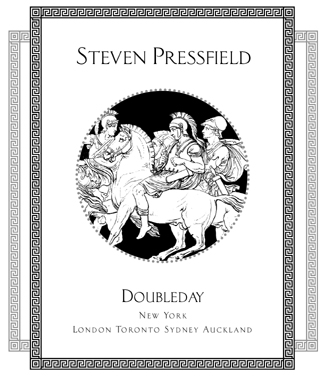

CONTENTS
For Mike and Chrissy
H e ruled over these nations, even though they did not speak the same language as he, nor one nation the same as another; for all that, he was able to cover so vast a region with the fear which he inspired, that he struck all men with terror and no one tried to withstand him; and he was able to awaken in all so lively a desire to please him, that they always wished to be guided by his will.
XENOPHON, THE EDUCATION OF CYRUS
DRAMATIS PERSONAE
Alexander, son of Philip | King of Macedon, conqueror of Persian empire |
Philip of Macedon | Alexanders father, extraordinary general in his own right |
Olympias | Philips wife, Alexanders mother |
Cyrus the Great | Founder of Persian empire, circa 547 B.C. |
Darius III | Great King of Persia, defeated by Alexander |
Epaminondas | General of Thebes, inventor of the oblique order |
Parmenio | Philip and Alexanders senior general |
Antipater | Senior Macedonian general, garrisoned Greece |
Antigonus One-Eye | Monophthalmos, senior general |
Aristotle | Philosopher, tutor of Alexander |
Hephaestion | Alexanders general and dearest friend |
Telamon | Arcadian mercenary, friend and mentor to Alexander |
Craterus | Alexanders general |
Perdiccas | Alexanders general |
Ptolemy | Alexanders general; later dynast of Egypt |
Seleucus | Alexanders general |
Coenus | Alexanders general |
Eumenes | Alexanders Counselor-at-War |
Leonnatus | Alexanders friend and Bodyguard |
Philotas | Parmenios son; Commander of Companion Cavalry |
Nicanor | Parmenios son; Commander of Royal Guards brigades |
Black Cleitus | Commander of Royal Squadron of Companion Cavalry; murdered by Alexander in Maracanda |
Roxanne | Alexanders Bactrian bride, Little Star |
Itanes | Roxannes brother; later a Royal Page in Alexanders service and, later still, a Companion |
Oxyartes | Bactrian warlord, father of Roxanne |
Memnon of Rhodes | Greek mercenary general, commander under Darius |
Barsine | Alexanders mistress, daughter of Artabazus, widow of Memnon |
Artabazus | Persian noble, father of Barsine; Alexanders satrap of Bactria |
Bessus | Dariuss satrap of Bactria, commander of the Persian left at Gaugamela; murderer of Darius and pretender to the throne |
Mazaeus | Satrap of Mesopotamia, commander of Persian right at Gaugamela; later Alexanders governor of Babylonia |
Spitamenes | Rebel commander in Bactria and Sogdiana |
Bucephalus | Alexanders horse |
Porus | King of Punjab in India; defeated by Alexander at Battle of Hydaspes River |
Tigranes | Persian cavalry commander, later friend of Alexander |
CHRONOLOGY B.C.
CIRCA 547 | CYRUS THE GREAT CONQUERS ASSYRIA, BABYLONIA; ESTABLISHES PERSIAN EMPIRE |
| ARMY OF DARIUS I INVADES GREECE; BATTLE OF MARATHON |
480/479 | XERXES INVADES GREECE; BATTLES OF THERMOPYLAE, SALAMIS, PLATAEA |
| ALEXANDER BORN TO PHILIP AND OLYMPIAS |
| BATTLE OF CHAERONEA; PHILIP OF MACEDON DEFEATS ALLIED GREEKS |
| ASSASSINATION OF PHILIP; ALEXANDER BECOMES KING, AGE TWENTY |
| ALEXANDERS ARMY CROSSES TO ASIA; BATTLE OF THE GRANICUS RIVER |
| BATTLE OF ISSUS; ALEXANDER DEFEATS DARIUS III |
| SIEGES OF TYRE AND GAZA; ALEXANDER TAKES EGYPT |
| BATTLE OF GAUGAMELA |
331/330 | ALEXANDER CAPTURES BABYLON, SUSA, PERSEPOLIS, ECBATANA; DEATH OF DARIUS |
330327 | ANTIGUERRILLA CAMPAIGN IN AFGHANISTAN |
| ALEXANDER CROSSES HINDU KUSH TO INDIA; BATTLE OF THE HYDASPES |
| ALEXANDERS TROOPS REFUSE TO GO FARTHER |
| ALEXANDER RETURNS TO BABYLON |
| DEATH OF ALEXANDER AT THIRTY-TWO |
A NOTE TO THE READER
W hat follows is fiction, not history. Scenes and characters have been invented; license has been taken. Words have been put into the mouths of historical figures, which are entirely the product of the authors imagination.
Although nothing in this telling is untrue to the spirit of Alexanders life as I understand it, still I have transposed certain historical events in the interest of the theme and the storytelling. The speech that Arrian tells us Alexander gave at Opis, I have made his eulogy for Philip. I have Parmenio in Ecbatana, when Curtius tells us he was still at Persepolis. The harangue that I have Alexander delivering at the Hydaspes, he actually made at the Hyphasis, while the plea of his men, which Arrian tells us Coenus voiced at the latter, I have him offering at the former. I note this so that the knowledgeable reader will not believe that events are migrating perversely of their own will.
I have taken the liberty of using, on occasion, contemporary place names, such as Afghanistan, the Danube, and words such as miles, yards, acres, which obviously did not exist in Alexanders time, as well as such latter-day concepts as chivalry, mutiny, knight, guerrilla, and others, which technically have no equivalent in Greco-Macedonian thought but which, in my judgment, communicate to the modern reader so vividly and so closely in spirit to the ancient import that their employment may be by the purist, perhaps, forgiven.
Book One

THE WILL TO FIGHT
One
A SOLDIER
I HAVE ALWAYS BEEN A SOLDIER. I HAVE KNOWN NO OTHER LIFE.The calling of arms, I have followed from boyhood. I have never sought another.
I have known lovers, sired offspring, competed in games, and committed outrages when drunk. I have vanquished empires, yoked continents, been crowned as an immortal before gods and men. But always I have been a soldier.
From the time I was a boy, I fled my tutor to seek the company of the men in the barracks. The drill field and the stable, the smell of leather and sweat, these are congenial to me. The scrape of the whetstone on iron is to me what music is to poets. It has always been this way. I can remember no time when it was otherwise.
Next page

